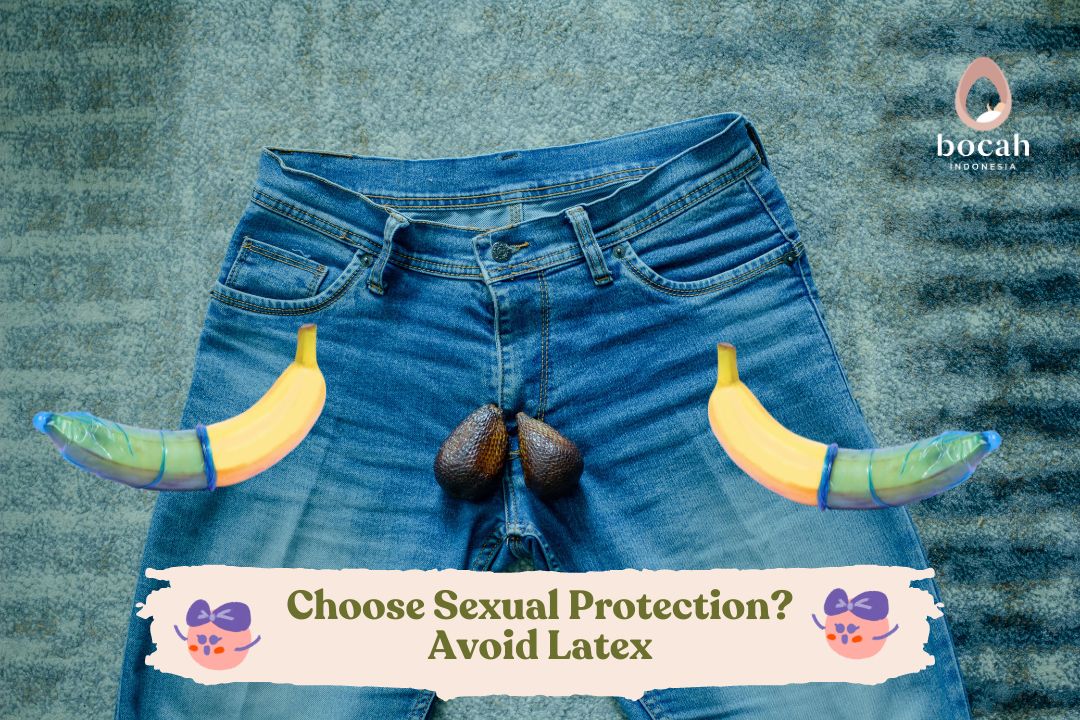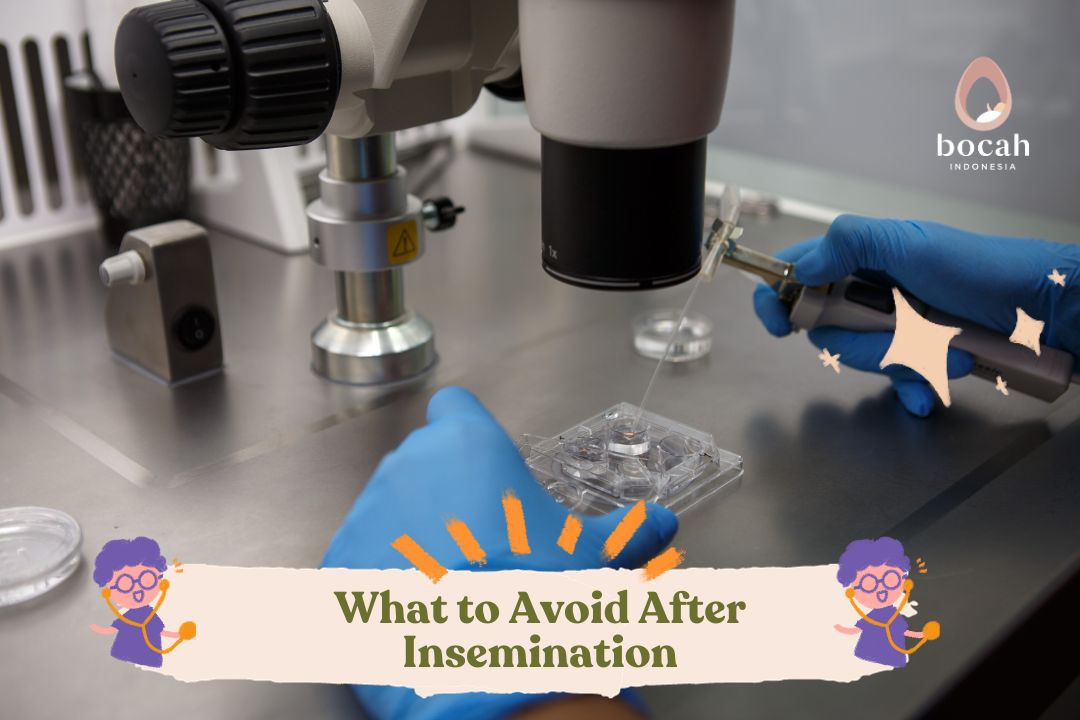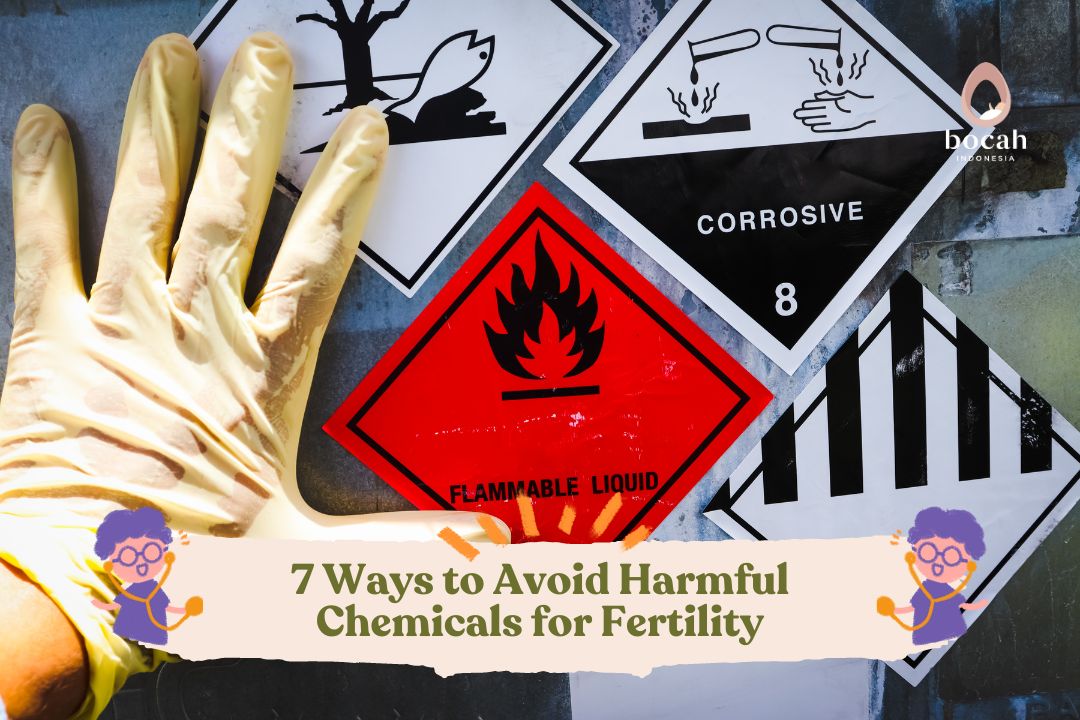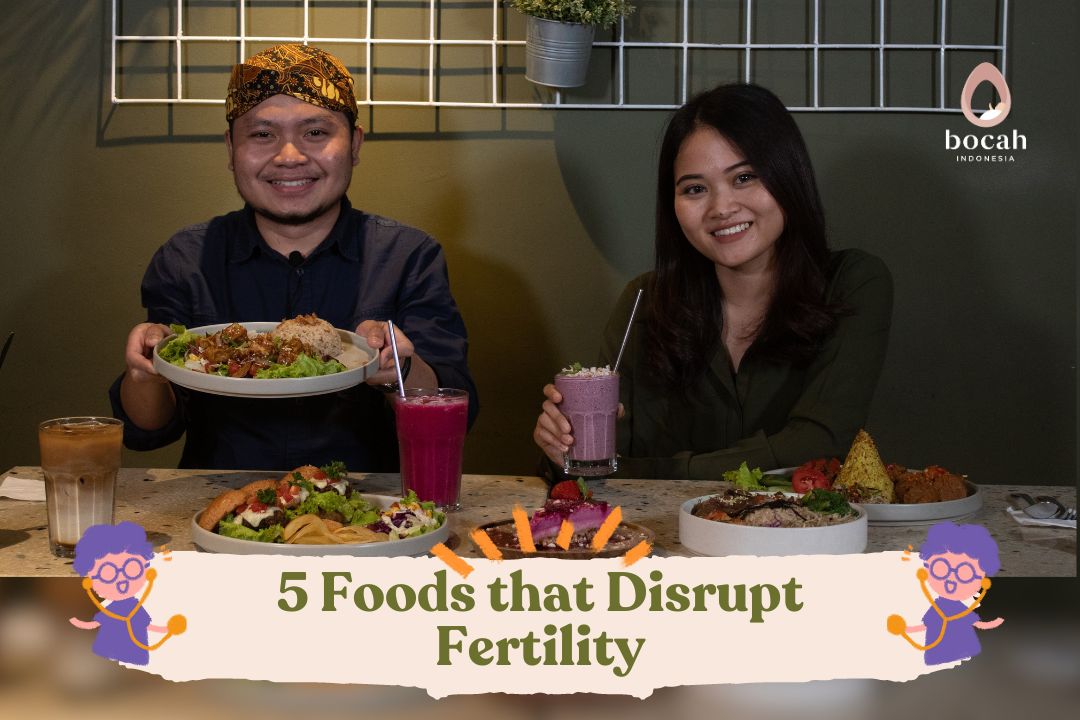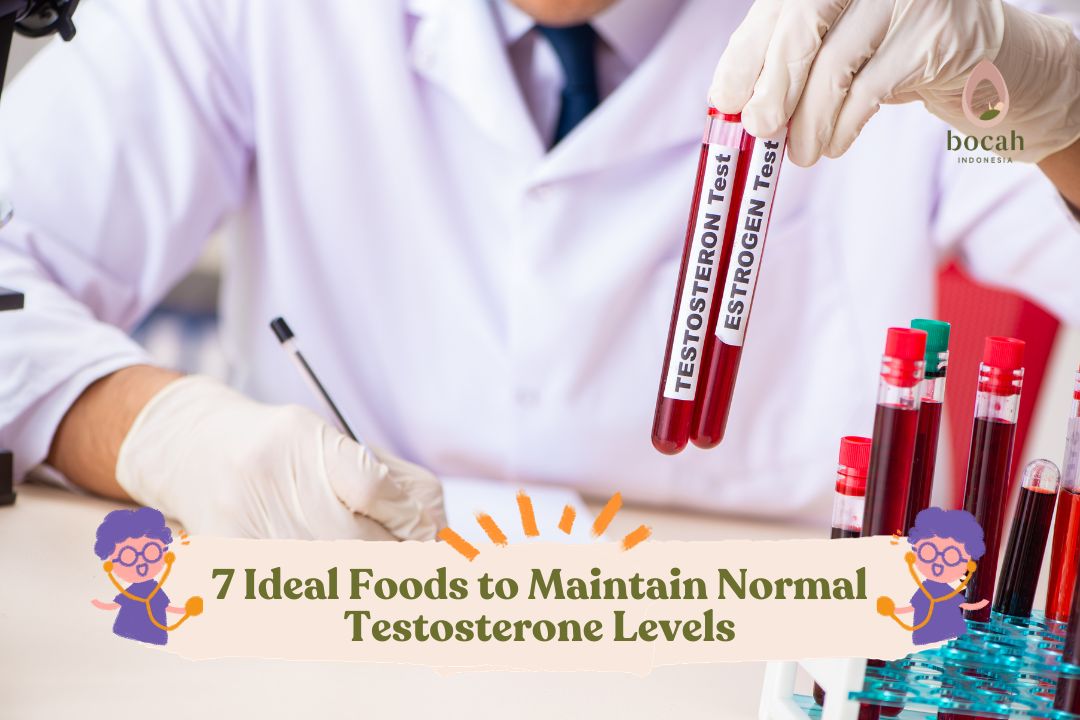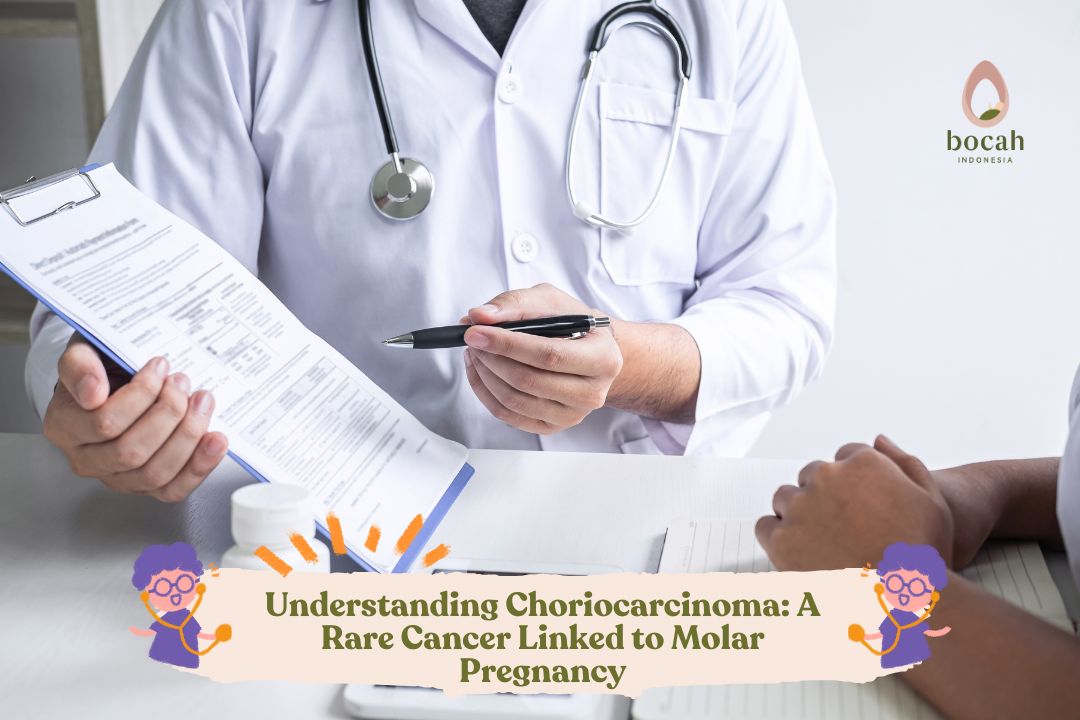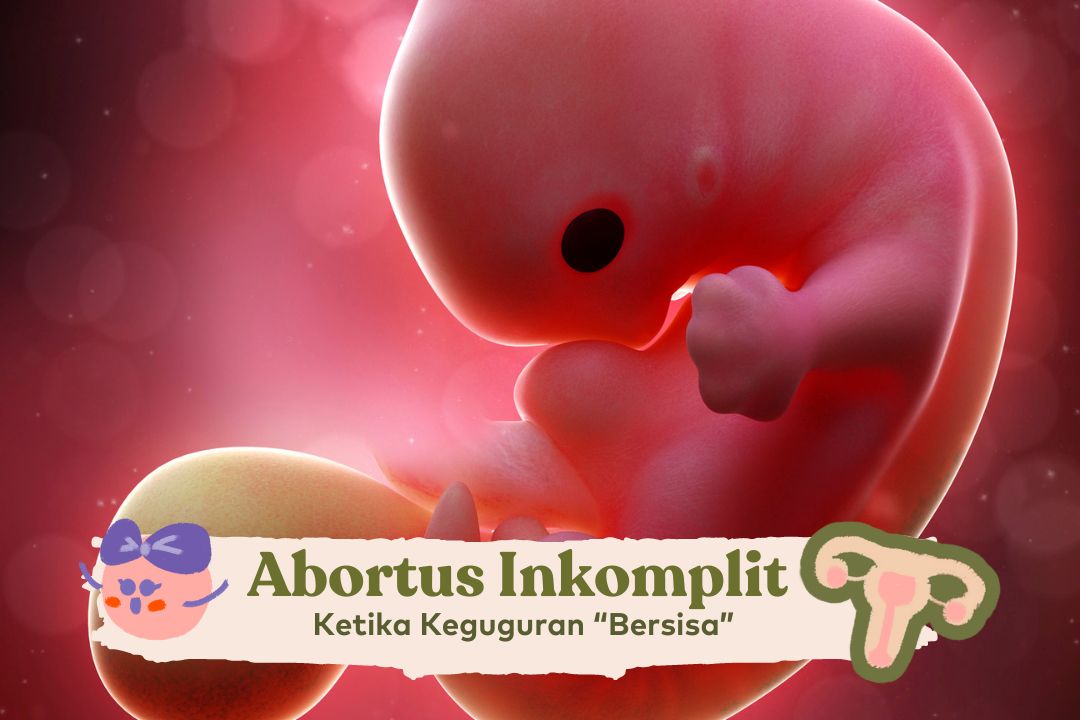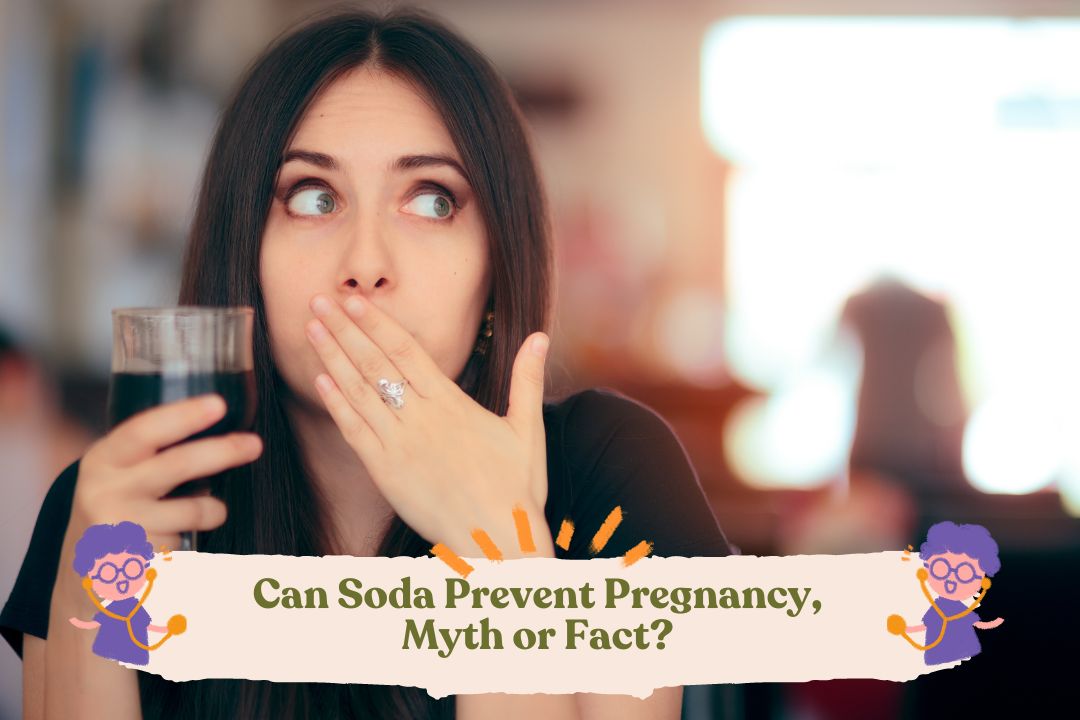Foods to Avoid for a Faster Pregnancy
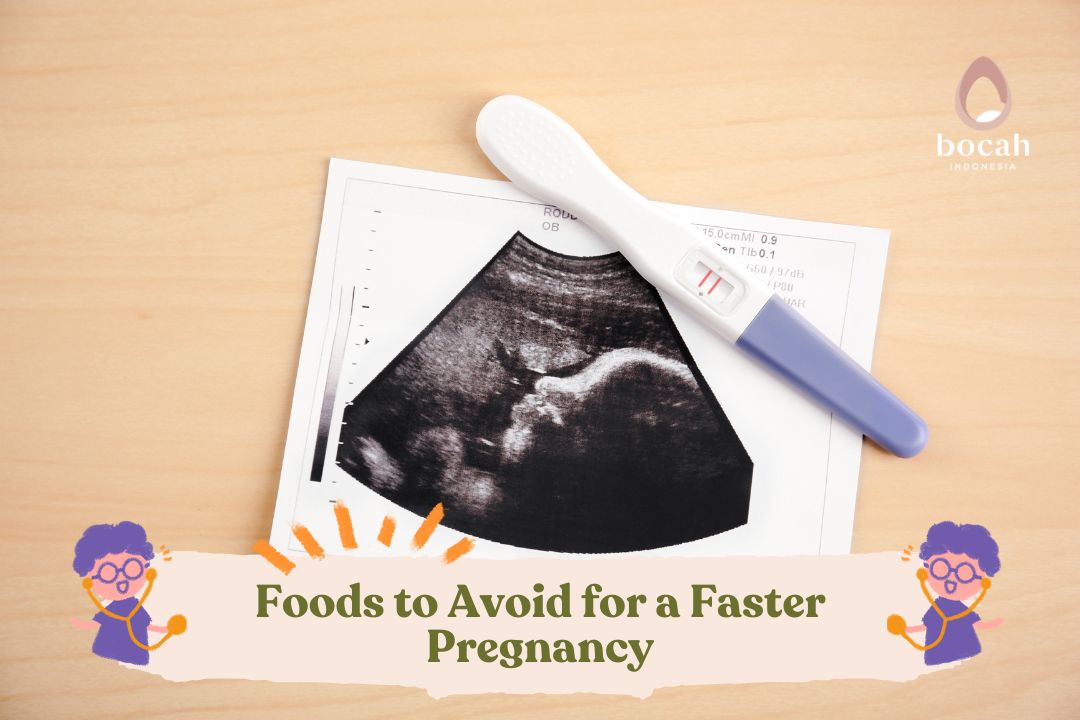
For couples planning to conceive, it’s important to pay attention to the food they consume. There are several food restrictions that must be followed to increase the chances of getting pregnant.
The success of pregnancy is influenced by various factors such as age, hormonal balance, lifestyle, and overall health. One of the key factors is the food consumed. While many foods can enhance fertility and support pregnancy, there are some that should be avoided as they may decrease fertility. Consuming these foods could hinder the progress of a pregnancy plan.
Foods to Avoid for a Faster Pregnancy
If you and your partner are planning to conceive, it’s best to avoid certain types of food that can negatively impact fertility, such as:
1. Fast food
One food category to avoid for faster pregnancy is fast food. These foods can have a negative impact on fertility, as they are high in saturated fats that can reduce fertility. Moreover, fast food is known to contain chemicals often used in raw materials and household cleaning products, known as phthalates.
2. Fish containing mercury
If you’re planning to conceive, it’s best to avoid fish containing mercury. Some types of fish with high mercury levels include mackerel, swordfish, tilefish, or shark. These fish are not recommended for women planning or currently going through pregnancy.
Tanya Mincah tentang Promil?
When you consume food containing mercury, the body cannot expel the substance. If the father is exposed to high levels of mercury, it can damage the DNA in sperm. Additionally, mercury can cause abnormalities in sperm morphology and motility.
On the other hand, if a woman is exposed to high levels of mercury, it may cause menstrual disorders, making it harder for her to conceive.
3. Red and Processed Meat
Another type of food to avoid if you want to conceive quickly is red or processed meat. Consuming large amounts of processed red meat, such as sausages, bacon, and burgers, can increase the risk of fertility issues in men. According to research published in the Journal of Nutrition, men who consume processed red meat tend to have lower sperm quality compared to those who eat fish.
4. Raw Foods
If you’re planning to conceive, it’s best to avoid raw foods such as sushi, oysters, sashimi, or undercooked meat. Consuming raw or undercooked meat can increase the risk of harmful bacterial infections, such as Listeria, which can lead to listeriosis.
According to the American College of Obstetricians and Gynecologists (ACOG), listeriosis can decrease the chances of pregnancy. It also increases the risk of premature birth, miscarriage, and even stillbirth.
5. Alcohol
Regular alcohol consumption can reduce the chances of pregnancy. According to research published in Human Reproduction, consuming alcohol during menstruation can decrease a woman’s chances of conceiving.
Excessive alcohol consumption can also lower libido, sperm quality, and male sexual function.
These are some of the food restrictions to follow for couples looking to conceive quickly. Don’t forget to exercise regularly, get enough rest, and manage stress well. However, if all these efforts still don’t result in pregnancy, it’s advisable to consult a nearby fertility clinic.
Source:
- Afeiche, MC., et al. (2014). Processed Meat Intake Is Unfavorably and Fish Intake Favorably Associated with Semen Quality Indicators among Men Attending a Fertility Clinic. The Journal of Nutrition, Volume 144, Issue 7, July 2014, Pages 1091-1098.
- National Institute of Child Health and Human Development. Who is at risk for Down syndrome?
- Henriques, MC., et al. (2019). Exposure to mercury and human reproductive health: A systematic review. Reproductive Toxicology, Volume 85, April 2019, Pages 93-103.
- Anwar, MY., et al. (2021). The association between alcohol intake and fecundability during menstrual cycle phases. Human Reproduction, Volume 36, Issue 9, September 2021, Pages 2538–2548. American College Obstetricians and of Obstetricians and Gynecologists. Listeria and Pregnancy.


